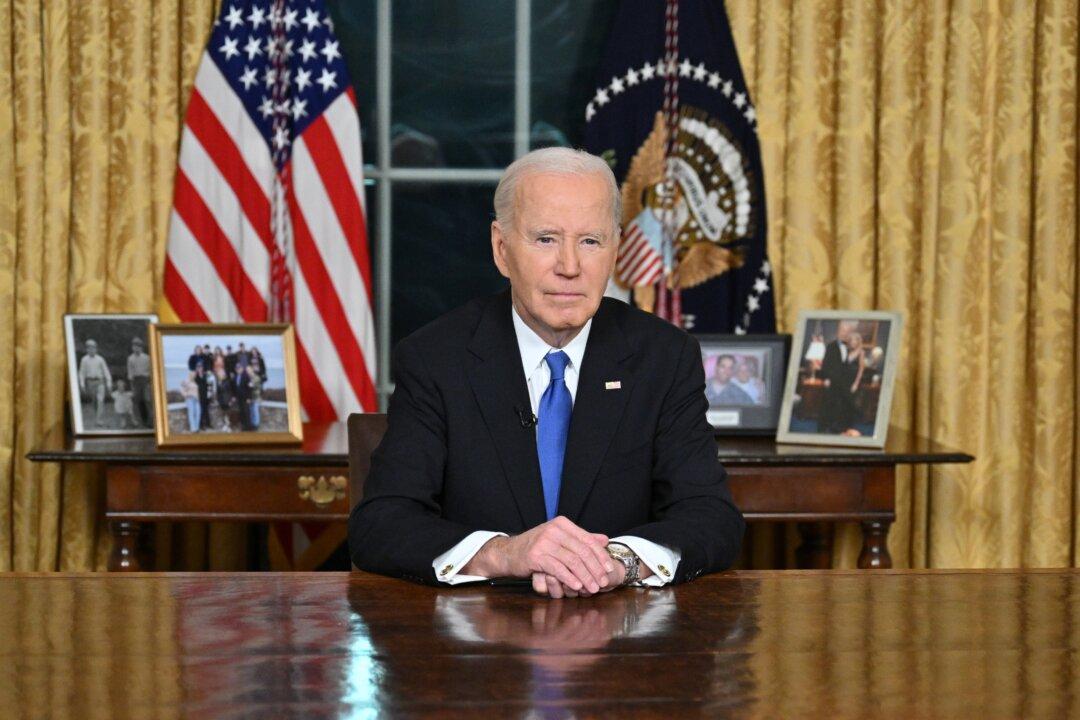WASHINGTON—Russian oil imports have set a new record in the United States despite the strained relationship between Washington and Moscow. Industry experts believe the Biden administration’s climate policies will make the country more dependent on foreign oil producers.
The United States imported record levels of crude oil from Russia in March and is expected to continue importing at high levels in coming months, according to the Western Energy Alliance, a trade association that represents 200 independent natural gas and oil producers in the United States.
High levels of oil shipment from Russia have continued since March, according to ClipperData, a commodity intelligence company that monitors cargo shipments worldwide.
Critics argue that Biden’s climate agenda is hard on the U.S. oil industry but soft on foreign producers.
“It’s disturbing to our industry that the Biden administration goes out of its way to disadvantage the American producer while buttressing the Iranian and Russian industries,” Kathleen Sgamma, president of the Western Energy Alliance, told The Epoch Times.
The recent spike in Russian oil imports has followed the “misguided climate policies” of the administration, including ending the Keystone XL pipeline and pausing new oil and natural gas permitting on public lands and waters, according to Sgamma.
President Joe Biden has “tipped us into oil dependence on Russia just a year after complete independence,” Sgamma said, calling it “a geopolitical gift” to the Kremlin.
“There’s been kind of a dearth of investment in fossil fuels, which is going to leave us undersupplied as we go forward,” Phil Flynn, senior energy analyst at the Price Future Group, told The Epoch Times in a recent interview.
He noted that the Biden administration’s climate policies, which will reduce the supply of oil and gas, have been a major factor in driving the prices.
“During Trump’s term, America was competing with Russia and Saudi Arabia to be the world’s dominant oil and gas producer, yet under Biden, we are retreating from that race in the name of climate change,” he wrote.
An increase in oil and gas prices will help boost Russia’s energy and political dominance, he argued, criticizing Biden’s recent move that will allow Russia to supply natural gas to Germany.
The Biden administration last month waived Trump-era sanctions against the company building the Nord Stream 2 natural gas pipeline that links Russia and Germany.
The pipeline is expected to increase the dependence of the region on Russia for natural gas. Construction on the 764-mile pipeline that began in 2018 was a source of friction between Washington and its European allies.





